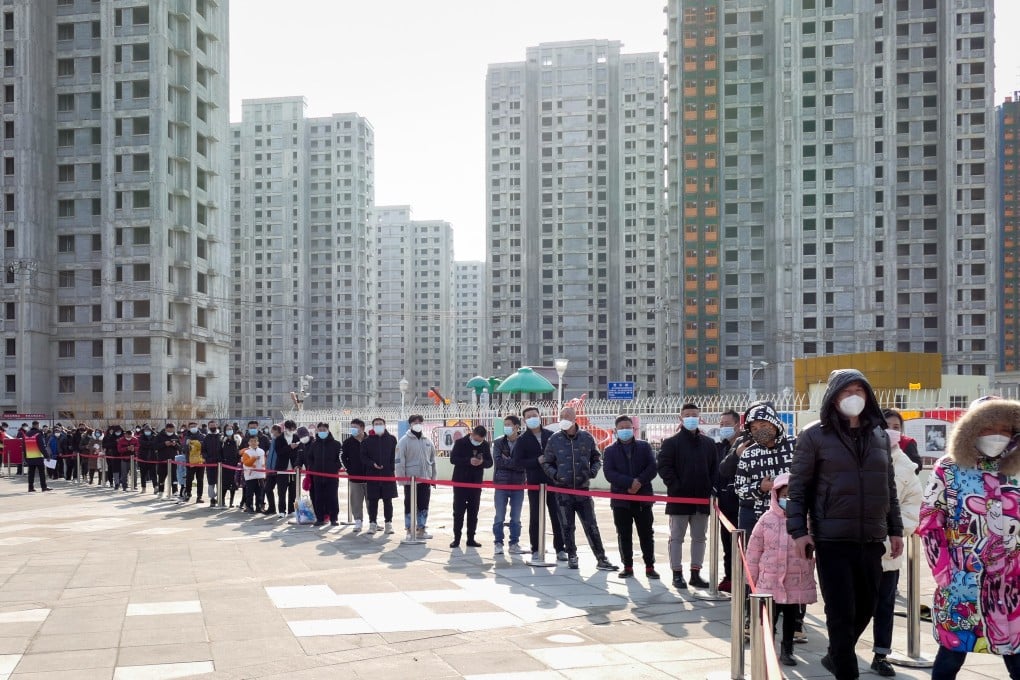Advertisement
Did Tianjin’s Omicron coronavirus outbreak start elsewhere in China? Health officials investigate
- Cases of the variant in the Chinese city found to have different sources to earlier imported cases, according to genome sequencing
- City CDC deputy director says strain – which has a shorter incubation period than earlier ones – might have been ‘hiding’ in the city for some time
Reading Time:3 minutes
Why you can trust SCMP
5

Genome sequencing has shown that an ongoing Omicron coronavirus outbreak in Tianjin has a different source to earlier imported cases, according to a senior official at the northern Chinese city’s centre for disease control and prevention (CDC).
Zhang Ying, deputy director of the Tianjin CDC, told state broadcaster China Central Television (CCTV) on Monday night the Omicron strain circulating in the city might have come from another part of China or was transmitted through imported goods or other environmental contamination sources.
Zhang said the strain now in the city did not share the same source as the earlier imported cases in Tianjin.
Advertisement
Tianjin has tested almost 12 million people since Sunday morning, detecting 77 new positive cases among the results for nearly 7.9 million people so far.
That pushed the total number of positive cases in the city’s Omicron outbreak to 97, 90 of them from Jinnan district. Of those, 49 were symptomatic cases and 15 asymptomatic. Another 33 tested positive and are awaiting confirmation.
In Tianjin, schools are the hotbed of infections and all classes in Jinnan district have been suspended.
Advertisement
Select Voice
Choose your listening speed
Get through articles 2x faster
1.25x
250 WPM
Slow
Average
Fast
1.25x
